German helmets, British and Soviet guns
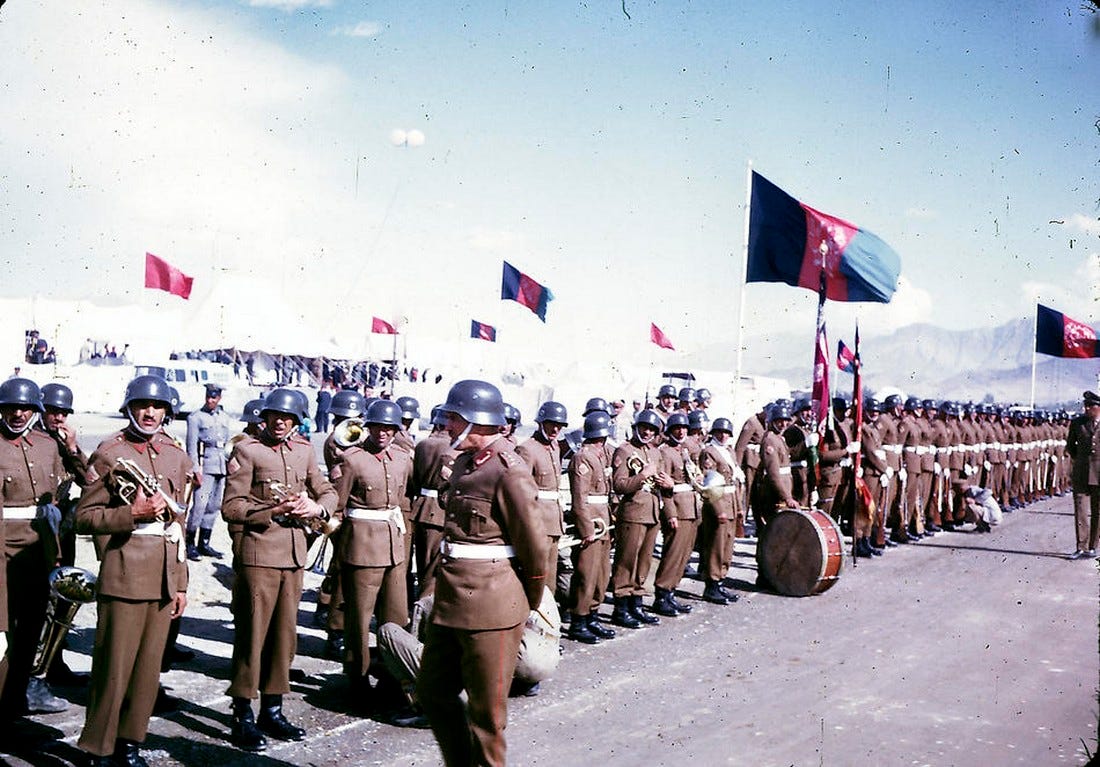 The Royal Afghan Army suffered terrible neglect throughout the 19th and 20th centuries. A period of relative modernization and standardization belatedly began in the 1920s.
The Royal Afghan Army suffered terrible neglect throughout the 19th and 20th centuries. A period of relative modernization and standardization belatedly began in the 1920s.
For starters, Kabul purchased rifles from Britain. Adopting .303 as its standard service cartridge, Afghanistan acquired British World War I-surplus Pattern 14 rifles, too. These remained in service into the 1950s.
Following the end of World War II, the Afghan army purchased British Surplus SMLEs. These were in service from the mid-1940s into the 1950s.
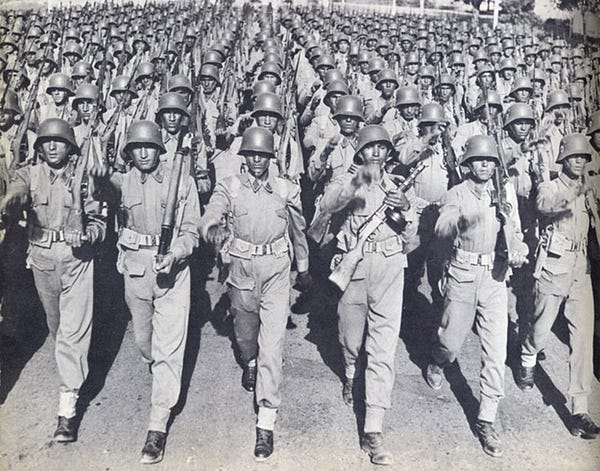
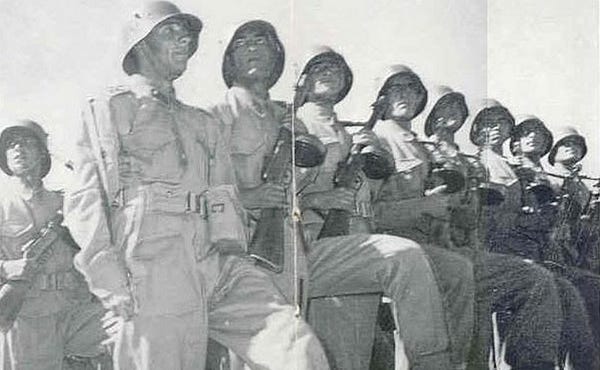
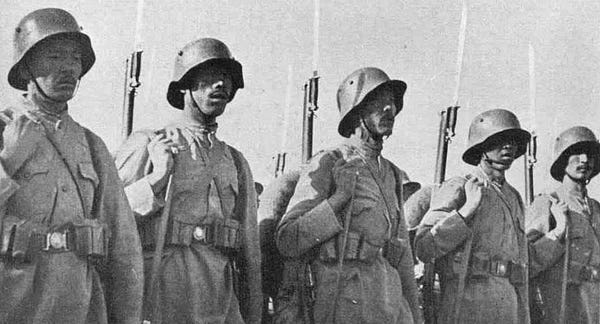
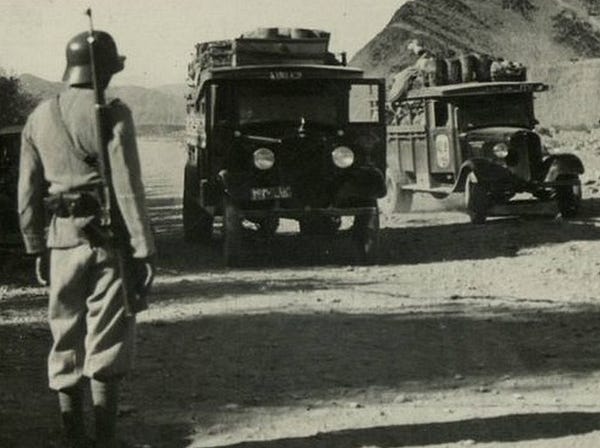
When the United States refused military aid to Afghanistan after World War II, Kabul turned to the Soviet Union. The Soviets provided weapons and training to the Afghan army and air force.
The mid-1950s saw large numbers of surplus Mosin-Nagant bolt-action rifles, PPSh-41 submachine guns, TT-33 pistols and various other Soviet light and heavy machine guns such the Degtyaryov DP enter service with the Afghan army.
Newer weapons such as the RPG-2 anti-tank weapon — first issued to Soviet troops in the early 1950s — also appeared in Afghan army arsenals.
Afghan troops wore German Stahlhelm helmets starting in the 1930s — and kept them through the 1970s, when Soviet helmets finally replaced the old German models.
By the time of the Soviet invasion in 1979, the Afghan army had slumped in size and quality once again. Desertion was a perennial problem — and remains so today.
No comments:
Post a Comment